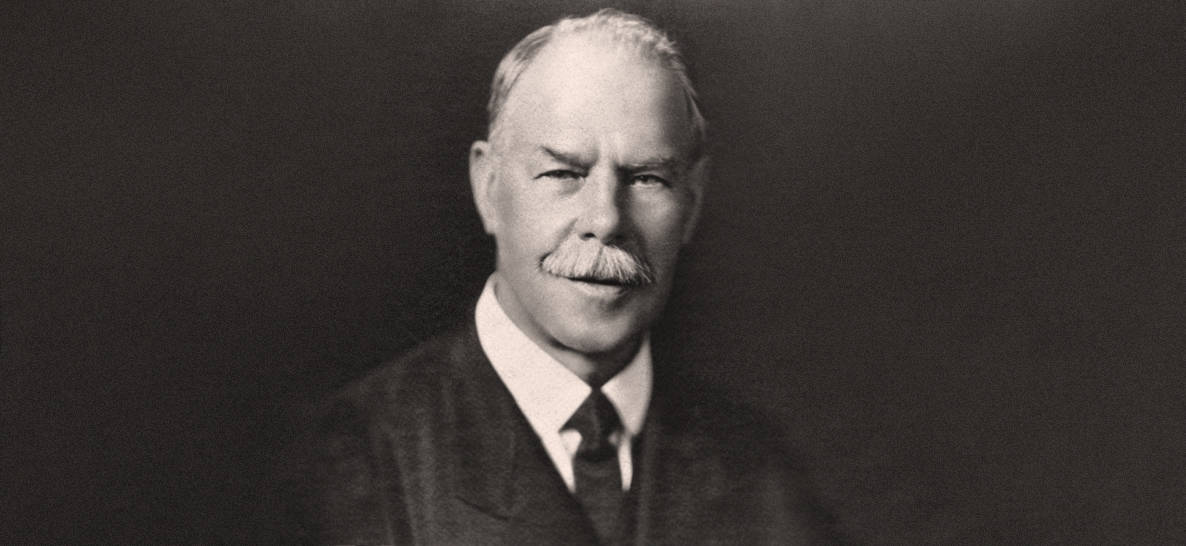
On the day she first met Jesus, Mary of Bethany helped her sister Martha prepare a meal for Jesus and His disciples.
Martha’s initial complaint reveals this. Martha accused Mary of leaving her. That suggests that she did help Martha before she slipped into the public room to hear Jesus teach.
As Jesus and his disciples were on their way, he came to a village where a woman named Martha opened her home to him. She had a sister called Mary, who sat at the Lord’s feet listening to what he said. But Martha was distracted by all the preparations that had to be made. She came to him and asked, “Lord, don’t you care that my sister has left me to do the work by myself? Tell her to help me!”
“Martha, Martha,” the Lord answered, “you are worried and upset about many things, but few things are needed—or indeed only one. Mary has chosen what is better, and it will not be taken away from her.”
In the first century, they divided houses into the male space and the female space. The kitchen (the courtyard) became the sphere of the women. The public room (the living area) constituted the sphere of the men. And neither sex was supposed to cross over either barrier.
So Mary’s act of moving into the public room with the men was not merely socially awkward—it bordered on high offense.
But Mary did something else scandalous. She sat at Jesus’ feet. Sitting at someone’s feet was the posture of a disciple. And in the first century, teachers like Jesus only had male disciples.
Here is a woman who was hungrier to learn from Jesus than she was to obey customs or traditions. And she refused to let propriety stop her from sitting at the Master’s feet and becoming one of His disciples.
What is more, Mary seemed to instinctively know that Jesus would praise both of these acts, even though they represented cultural taboos.
She guessed right. He elevated both.
When Martha chided her sister for acting like a man, leaving her to work in the kitchen, Jesus defended Mary.
The fact that Mary didn’t defend herself tells us something vitally important about her. It shows us that she valued humility, understood the power of brokenness and willingly submitted to the hand of God.
The story makes clear that Martha’s act of serving sprung from good motivation, though misguided. Jesus revealed this when He contrasted the “many things” (that Martha worried about) with the “one thing” (that Mary gave herself to).
The “one thing” is actually a person—Jesus Himself. And the “better thing” is to sit at His feet, to become His disciple.
What Is Discipleship?
But what does being a disciple mean exactly?
The Gospels make clear that a disciple is someone who …
1. Embraces humility, brokenness and the willingness to die to self (Luke 9:23–24).
2. Treats others the way they want to be treated in the same situation (Matt. 7:12).
3. Submits to and learns from the Master at any cost (Luke 14:25–34).
In all these ways, Mary modeled the life of a disciple.
In our observation and experience, every Mary used to be a Martha at one time.
What We Get Wrong about Discipleship
The Marthas of the Christian world are those who have been taught that the main thing that God desires of us is service. He wants us to do many things for Him. He wants us to be missional, to make converts, and then to turn those converts into disciples. He has a big to-do list.
The Marthas of this world are very busy doing good things. But eventually, they burn out or bail out. Why? Because they operate in their own power. And their priorities become crooked.
They are trying to do something for God, yet haven’t learned the secret of letting God live in and through them where He is doing the work.
Countless Christians live each day out of guilt, condemnation, religious duty and obligation, trying to win brownie points with God by doing, doing and more doing. They feel happy when they check off a spiritual task, but they also embrace condemnation when they haven’t created enough checks in a day. To them, the Christian life is a treadmill where you trip and fall, or you run-run-run and never arrive.
In light of this, some burn out, growing tired of serving altogether. So they create an aversion to any kind of Christian service. Others bail out. They stop following the Lord altogether because they feel that their service for God has gained them nothing. Because their eyes stay fixed on their own work for the Lord (as Martha’s were), they judge their fellow disciples who haven’t done as much as them, yet who seemingly enjoy God’s blessing on their lives.
So they conclude: What’s the use? Why am I doing all of this for God when He’s blessing these others—who aren’t doing a fraction of what I do—more than He’s blessing me?
Discipleship Is about Relationship
Don’t make the mistake of thinking that Mary didn’t serve the Lord. She certainly did. But her service was rooted in something higher than duty or obligation. And it wasn’t motivated by fear, outward applause, condemnation or guilt. The “one thing” motivated Mary.
In light of this, look at Mary again and take your cue from her. Learn what she understood—that being a disciple isn’t about serving or keeping a spiritual to-do list. It’s first and foremost about opening your heart and listening to Jesus, spending time with Him. It’s about being teachable, sitting at His feet. It’s about humility, acknowledging that He knows best how we should live our lives. It’s about loving Him, forsaking even important tasks for the sake of revering Him alone. And out of those values flow everything else. Including service and mission.
This article is excerpted from The Day I Met Jesus by Mary DeMuth and Frank Viola, pages 170-174 (Baker Books, a division of Baker Publishing Group, copyright 2015). Used by permission.






















